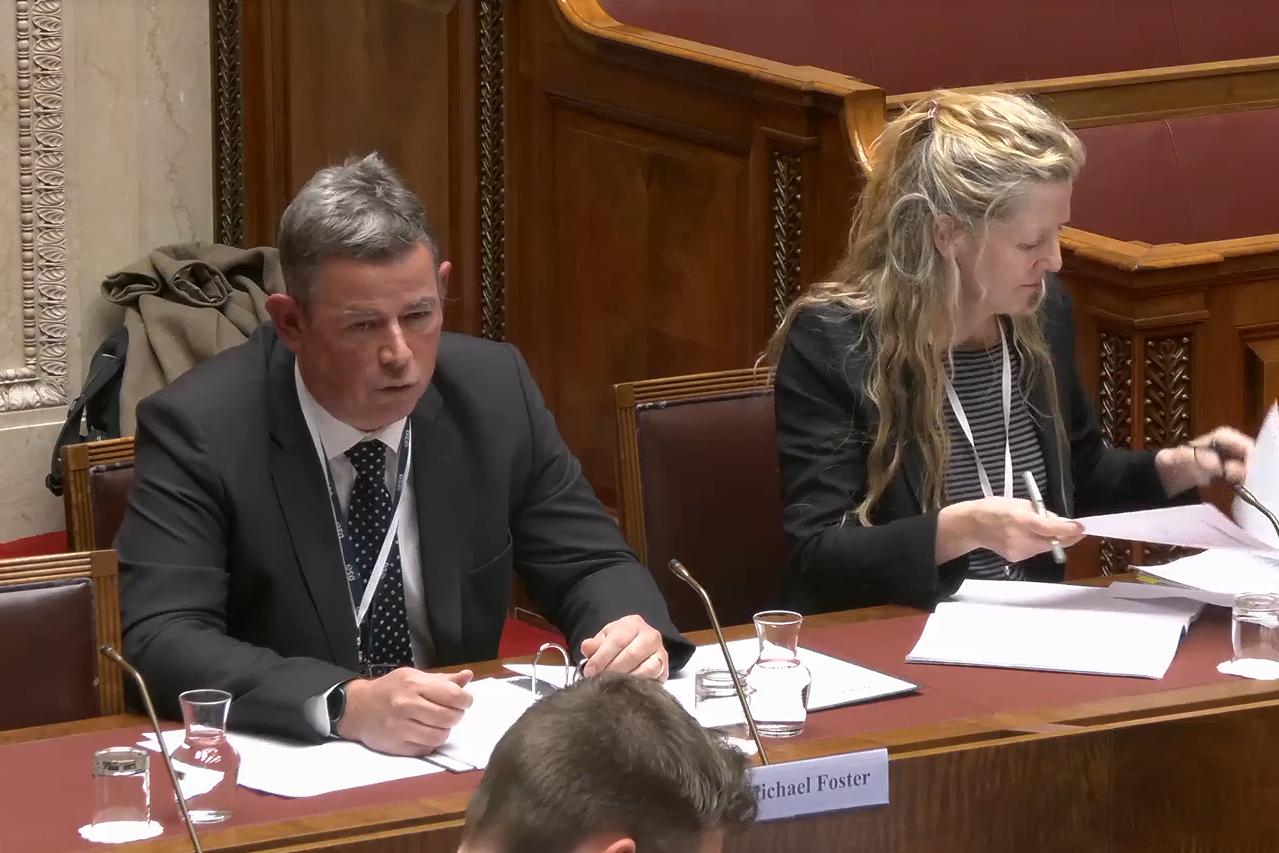Northern Ireland ‘tied with London for cryptocurrency ownership’
The Stormont Finance committee heard this was according to the latest available figures which date to 2021.

Northern Ireland is tied with London for cryptocurrency ownership, a Stormont committee has heard.
The Stormont Finance Committee heard this relates to the number of people who own cryptocurrency such as Bitcoin.
Fidelma O’Hagan, from the Department of Finance, said it is very difficult to identify how many people are involved in cryptocurrency by the very nature of how it is dealt with.
She told the committee that according to Financial Conduct Authority (FCA) 2023 research, which stems from an online survey from 2021, found when looking at the profile of adults who own cryptocurrencies, ownership was highest in Northern Ireland and London.
“It didn’t go on to say why, and that’s as much information as we were able to find,” she said.
“The research found that across the UK, 39% held a value at that time of under £100, and 52% held a value of under £250.”
The committee was being briefed on a proposed legislative change to help courts deal with digital assets.
Michael Foster from the Department of Finance said the Property (Digital Assets ETC) Bill is not intended to bring about root and branch reform to financial services, or new rights or obligations to those who currently own or hold digital assets.
“Somebody who has, for example, an investment in Bitcoin at the moment, is not going to find any change to their legal position on foot of this Bill,” he told MLAs.
“What the Bill is intended to do is to clarify the law in relation to the classifications of these types of assets because the Law Commission basically found clarity would be very helpful to business and those who hold them as personal assets, and perhaps most acutely for judges, who may at some point need to consider these types of assets, whether it be in a contractual matter or a financial dispute or range of other circumstances.”
Committee chair Matthew O’Toole described the level of ownership of cryptocurrency in Northern Ireland as interesting given the small population, and said they intend to request further information from the FCA.
Bookmark popover
Removed from bookmarks